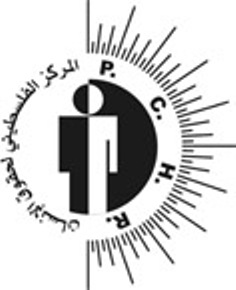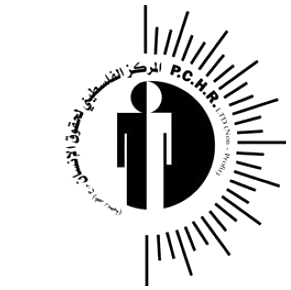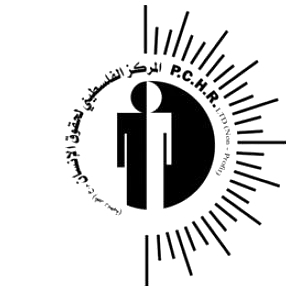Tag: Palestinian Centre for Human Rights
-
PNGO and human rights organizations calls for immediately ending suffering of civilians due to electricity outages
29th November 2013 | Palestinian Centre for Human Rights| Occupied Palestine The Palestinian Non-Governmental Organizations Network (PNGO) and human rights organizations in the Gaza Strip express their deep concern for the deteriorating humanitarian conditions of the population of the Gaza Strip due to the continued tightened closure imposed by Israel on 1.8 million people and its…
-
After Gaza Power Plant Forced off, Humanitarian Conditions of Approximately 1.7 million Palestinians in the Gaza Strip Deteriorate
8th November 2013 | Palestinian Centre for Human Rights| Occupied Palestine The Palestinian Centre for Human Rights (PCHR) expresses deep concern over the deterioration of humanitarian conditions of the civilian population due to the aggravation of the electricity crisis in the Gaza Strip. On Friday morning, 01 November 2013, the operation of the Gaza power…
-
Israeli forces use excessive force killing 2 Palestinian civilians at military checkpoint in the West Bank
8th November 2013 | Palestinian Centre for Human Rights| Occupied Palestine Israeli forces killed 2 Palestinian civilians at Za’tara checkpoint, south of Nablus, and the Container checkpoint, northeast of Bethlehem, in the West Bank. According to investigations conducted by the Palestinian Center for Human Rights (PCHR), at approximately 6pm on Thursday, 07 November 2013, Basheer…



